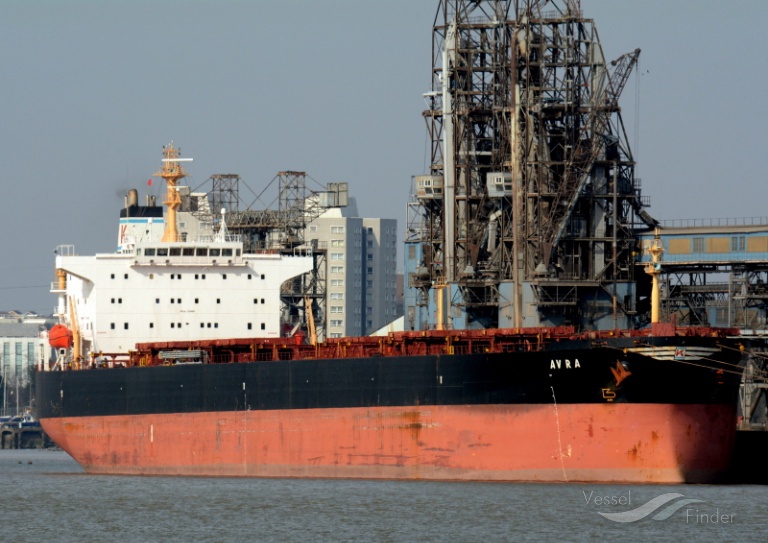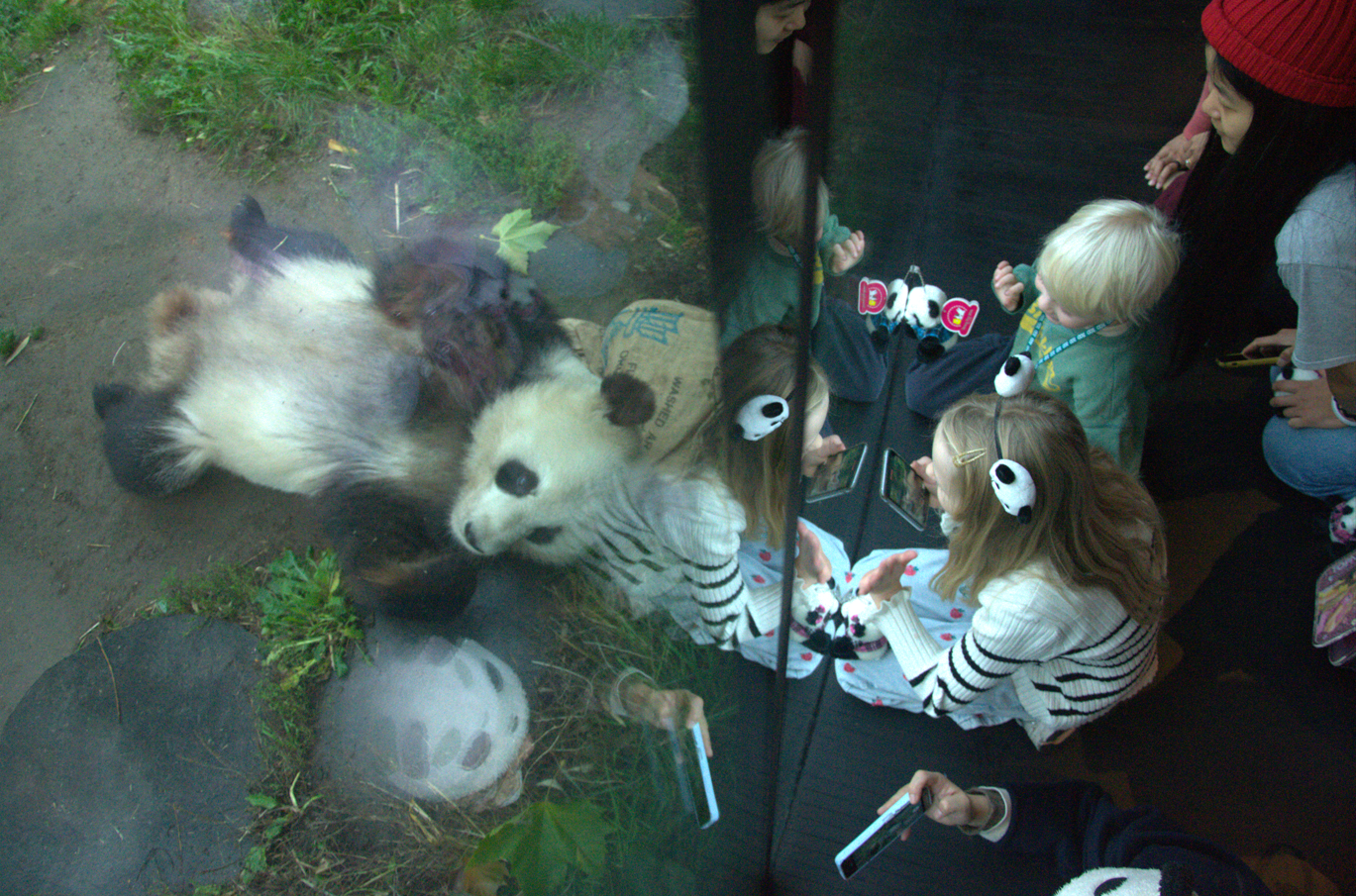A study conducted by researchers at the University of Copenhagen and Aalborg University reveals that people look at fake news headlines for shorter period of times than what would be considered normal.
Some 55 test participants were given a pseudo-task to assess 108 news headlines and determine which were the latest – without being told a third of them were fake headlines.
The eyes don’t lie
Using eye-tracking technology, the researchers discovered that participants’ eyes stayed a little longer on the genuine headlines.
“People gave fake news a little less visual attention, even though they did not know it was fake news,” said Casper Hansen from the Department of Computer Science at the University of Copenhagen, the co-author of the study.
Possible algorithm
The researchers imagine that eye-tracking technology can help to fact-check news stories if it is possible to collect data from people’s reading patterns.
The expectation is to create an algorithm based on eye movements that can precisely predict whether a news headline is false.
Drilling million-year-old ice in Antarctica to investigate climate change
Danes are among the climate scientists currently drilling through ice that is more than a million years old in Antarctica, reports Videnskab.dk. The ice will reveal how the climate has evolved during that time, and the knowledge may be able to help scientists predict future climate change. The EU-funded project Beyond Epica consists of researchers from 10 European countries, including Denmark. Drills previously developed by Danish researchers to bore through Greenland’s ice sheet have been adapted for the project. According to Videnskab.dk, Denmark is a leading country in the field of ice core drilling.
Danish researchers: freezing treatment works efficiently for kidney cancer
According to a new Danish study carried out by Aarhus University Hospital, kidney cancer can be treated pretty successfully using ‘freezing treatment’. The results reveal that only 6 percent of patients had relapses after treatment, while 3 percent of the patients died as a result of kidney cancer in the follow-up period of up to 10 years. Freezing treatment for kidney cancer has been used by Aarhus University Hospital since 2005, when it became the first place in Denmark to do so. However the treatment is controversial on an international scale – US and European guidelines generally recommend surgery.
Scientists mapped microplastics in a sea of Nuuk
Researchers from DTU Aqua, DTU Environment, Aalborg University and the Greenland Institute of Nature have for the first time mapped microplastics in Godthåbsfjorden, which runs past Nuuk into the sea west of Greenland, according to DTU. They found about 1 particle per 10 litres of water, which is similar to elsewhere in the North Atlantic. Professor Torkel Gissel Nielsen from DTU Aqua stresses that the amount of plastic is not at a critical level.
New Guinea is most plant species-rich island in the world – study
A new biology study, in which three Danish researchers have participated in, reveals that New Guinea is the most plant species-rich island in the world, according to Aarhus University. Some 99 botanists from 19 countries have identified 13,634 species on the world’s second-largest island. New Guinea therefore overtakes Madagascar (11,832) as the most species-rich island in the world, with 19 percent more diversity. However, New Guinea is far from fully explored – researchers estimate that an additional 4,000 plant species will be found within the next 50 years.
Danish researchers discover cheaper way to produce aircraft components
Researchers from the University of Southern Denmark, together with the companies Terma and Technicon, have developed a solution that can significantly reduce the cost of producing components for cars, wind turbines and most particularly aircraft. The large robot technology system Flexdraper places fibre mats on moulds during the manufacturing of composite parts. The technology is expected to lead to lighter and cheaper aircraft, less fuel consumption and lower CO2 emissions.















